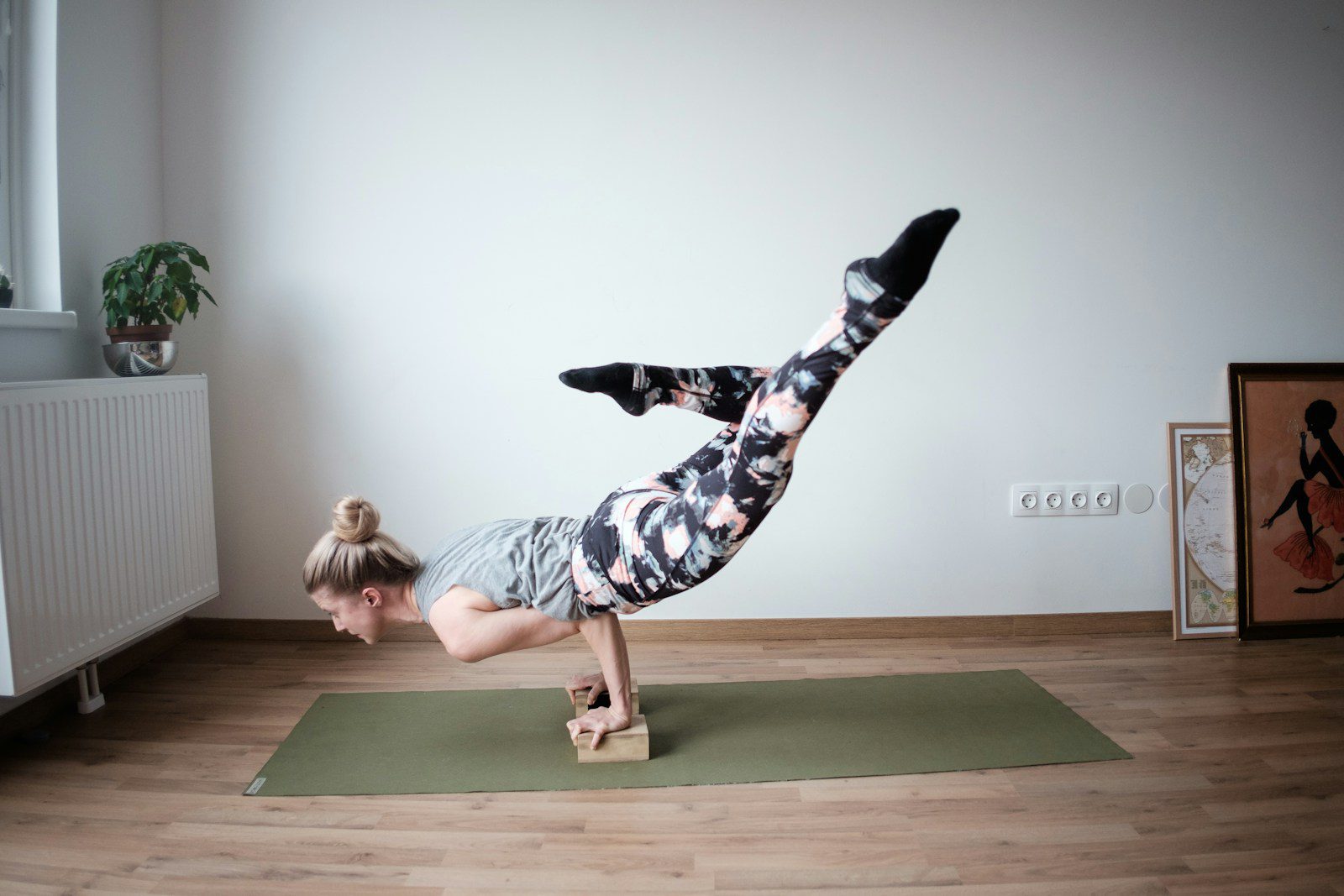Have you ever been stuck in a way of thinking that felt immovable, like being caught in quicksand? Maybe it was a decision you were certain about, a belief you held tightly, or a plan you felt had to go a certain way—until life threw you a curveball. Those moments can feel frustrating, but they’re also an invitation to grow. Developing a flexible mind isn’t about abandoning who you are or what you stand for; it’s about learning to bend without breaking.
Flexibility isn’t just a nice-to-have trait; it’s a skill that makes navigating life’s twists and turns a little easier. The good news? It’s something we can all cultivate with a bit of practice and patience.
Why Mental Flexibility Matters
Picture a tree in the middle of a storm. The ones with rigid trunks and stiff branches are more likely to snap under the pressure, while those that sway and bend with the wind are more likely to endure. The same principle applies to our minds.
When we’re rigid in our thinking, we resist change, struggle with uncertainty, and often feel overwhelmed when things don’t go as planned. But when we approach challenges with curiosity and adaptability, we’re better equipped to thrive, even in uncertain times.
Mental flexibility helps us see beyond the binary of right and wrong, success and failure. It allows us to explore the “gray areas” where growth, creativity, and connection often live.
The Stories We Tell Ourselves
One of the biggest barriers to mental flexibility is the narrative we carry about ourselves and the world. Maybe you’ve caught yourself thinking things like:
- “I’m just not good at this.”
- “This is how it’s always been, so it can’t change.”
- “If I don’t succeed, I’ve failed.”
These stories shape our reality, but they’re not always true. Developing a flexible mind means challenging these narratives and asking, “What else could be true?” It’s about making room for the possibility that things might not be as fixed as they seem.
Practical Steps to Build a Flexible Mind
So how do we go from rigid to resilient? It’s not about flipping a switch—it’s about making small, intentional changes in the way we think and respond.
1. Practice Curiosity Instead of Judgment
When faced with something new or uncomfortable, it’s easy to default to judgment: “This won’t work” or “I don’t like this.” Instead, try approaching the situation with curiosity. Ask yourself:
- What can I learn from this?
- What’s another way of looking at this?
Curiosity doesn’t demand immediate answers; it simply invites exploration.
2. Get Comfortable with Uncertainty
Life is full of unknowns, and resisting them only creates more tension. Instead of fearing uncertainty, try leaning into it.
- Start with small steps: Take a different route to work, try a new hobby, or engage in a conversation where you listen more than you speak.
- Remind yourself that not knowing the outcome is part of the adventure.
The more you expose yourself to the unfamiliar, the more confident you’ll become in navigating it.
3. Reframe Failure as Feedback
A rigid mind sees failure as a dead end; a flexible mind sees it as data. When something doesn’t go as planned, ask yourself:
- What worked?
- What didn’t?
- What could I try differently next time?
Reframing failure isn’t about sugarcoating mistakes. It’s about recognizing them as part of the learning process.
4. Pause Before Reacting
Rigidity often shows up in our snap judgments and emotional reactions. When you feel yourself digging in or becoming defensive, take a moment to pause.
- Breathe deeply.
- Reflect on what’s really triggering you.
- Consider whether holding onto your position is helping or hindering the situation.
This pause creates space for a more thoughtful, flexible response.
Embracing the “And”
One of the most powerful tools for mental flexibility is learning to hold multiple truths at once. Life isn’t always an either/or scenario. You can be both confident and uncertain, strong and vulnerable, decisive and open to change.
When we embrace the “and,” we expand our capacity to navigate life’s complexities. It’s not about diluting your values or beliefs—it’s about recognizing that growth often happens in the space between absolutes.
The Long-Term Benefits
Developing a flexible mind isn’t just about managing challenges more effectively. It’s also about deepening your relationships, expanding your creativity, and finding greater peace in the midst of chaos.
A flexible mind allows you to adapt when plans change, to listen more deeply to others’ perspectives, and to approach life with a sense of playfulness rather than rigidity. Over time, it transforms how you experience the world—less as something to control and more as something to collaborate with.
A Closing Thought
Cultivating mental flexibility is a lifelong practice. Some days you’ll feel like a willow tree, swaying gracefully in the wind. Other days, you’ll feel more like a stubborn oak, bracing against the storm. And that’s okay.
The goal isn’t to be perfectly adaptable at all times—it’s to recognize when you’re stuck and give yourself the tools to shift. Bit by bit, you’ll find yourself bending where you once resisted, opening where you once closed off.
In the end, a flexible mind isn’t just about surviving life’s challenges; it’s about thriving within its infinite possibilities.





